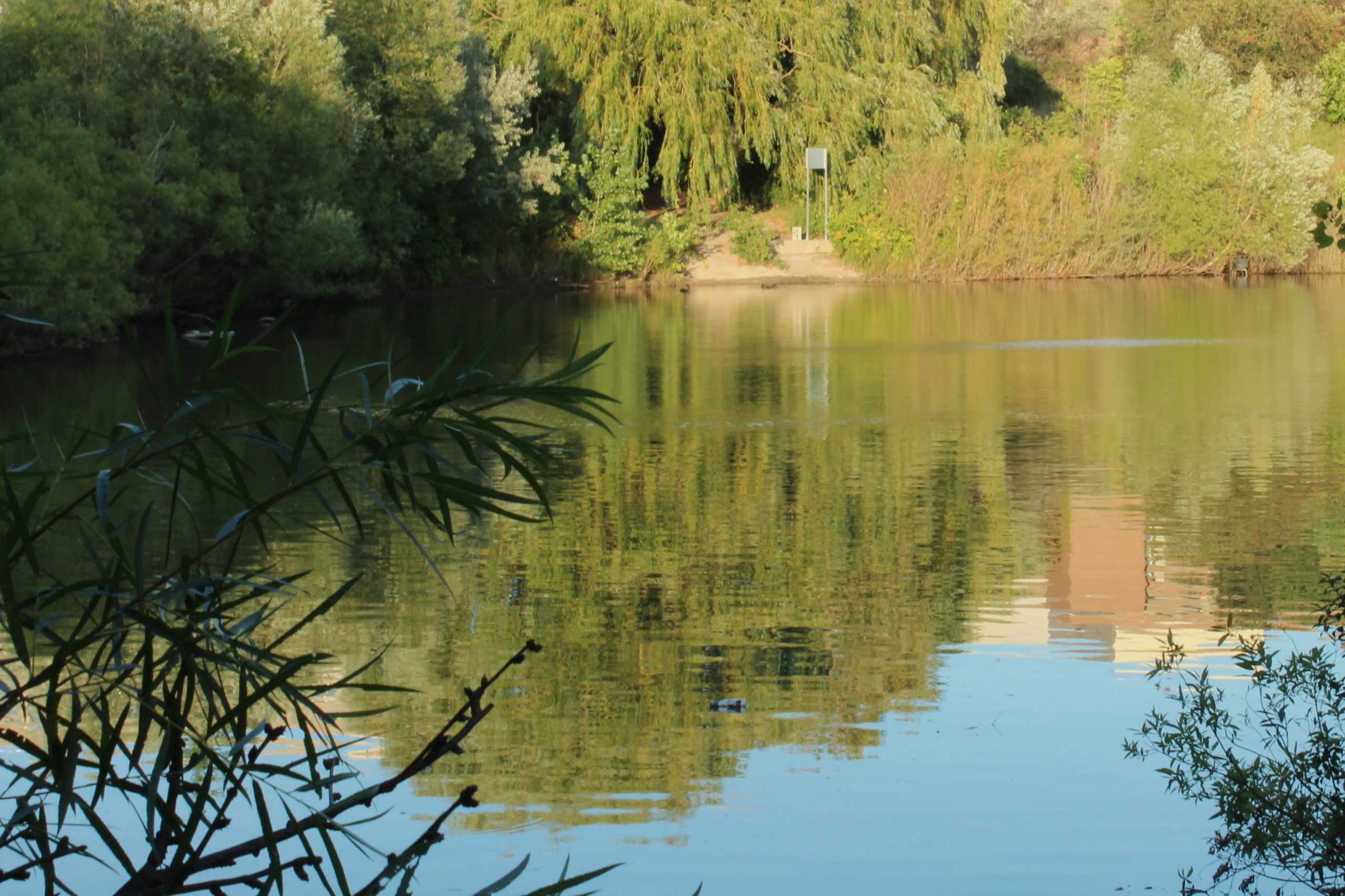Access to clean drinking water is recognized as a human right by the United Nations (UN) and the quality of water is a determinant of human and ecosystem health. Canada holds over 20 per cent of the global freshwater supply, yet marginalized communities continue to be affected by drinking water advisories because drinking water supplies are not up to safe standards.
These water advisories indicate a public safety threat posed by the current drinking water supply resulting from microbiological, chemical, and infrastructural factors, which are issued as a “boil water”, “do not consume”, or “do not use” advisories.
Trudeau’s 2015 election campaign stated that long-term water advisories would be eliminated by March 2021. Since then, over 131 drinking water advisories have been resolved. However, seven years later, 34 long-term drinking water advisories are in effect in marginalized communities in Canada.
Water advisories were never meant to be enforced long-term, and as it can take years to resolve the problems from which the advisories arose, the current system is an inadequate water safety tool.
For example, the Shoal Lake Reserve No. 40, has had a water advisory in place for over 24 years. When the City of Winnipeg built an aqueduct to supply the capital with clean water in 1919, the Anishinaabe community of Shoal Lake 40 was displaced and isolated geographically from drinking water supplies, creating obstacles in accessing clean water, food, emergency services, as well as other necessities for over a century.
After continuous rejection of water treatment facility proposals by the federal government due to the high costs, the construction of a road to connect the community to the Trans-Canada highway, dubbed “Freedom Road,” finally made this task feasible. The road allowed for the construction of a water treatment facility and the end of a 24-year long boil water advisory in September 2021, as it facilitated safe and year-round travel to the reserve and enabled affordable infrastructure development.
This story is one of many, and despite 126 long-term drinking water advisories being lifted since November 2015, there are still 34 long-term drinking water advisories in effect — 24 being on-reserve.
A class-action litigation was recently filed against the federal government by Indigenous communities that had been without clean water for more than two years, arguing that Canada had failed to fulfill its duties according to the Canadian Charter of Rights and Freedoms.
After a lengthy legal struggle, spanning several years and garnering abundant media attention, the Government of Canada paid a settlement of $8 billion to those who suffered due to water advisories that had been in place for an extended time.
Just as with Shoal Lake 40, satisfactory solutions are very involved undertakings and require much more than financial compensation. Therefore, we call to hold the government accountable to ensure that all communities in Canada have immediate equitable access to essentials like clean drinking water.

